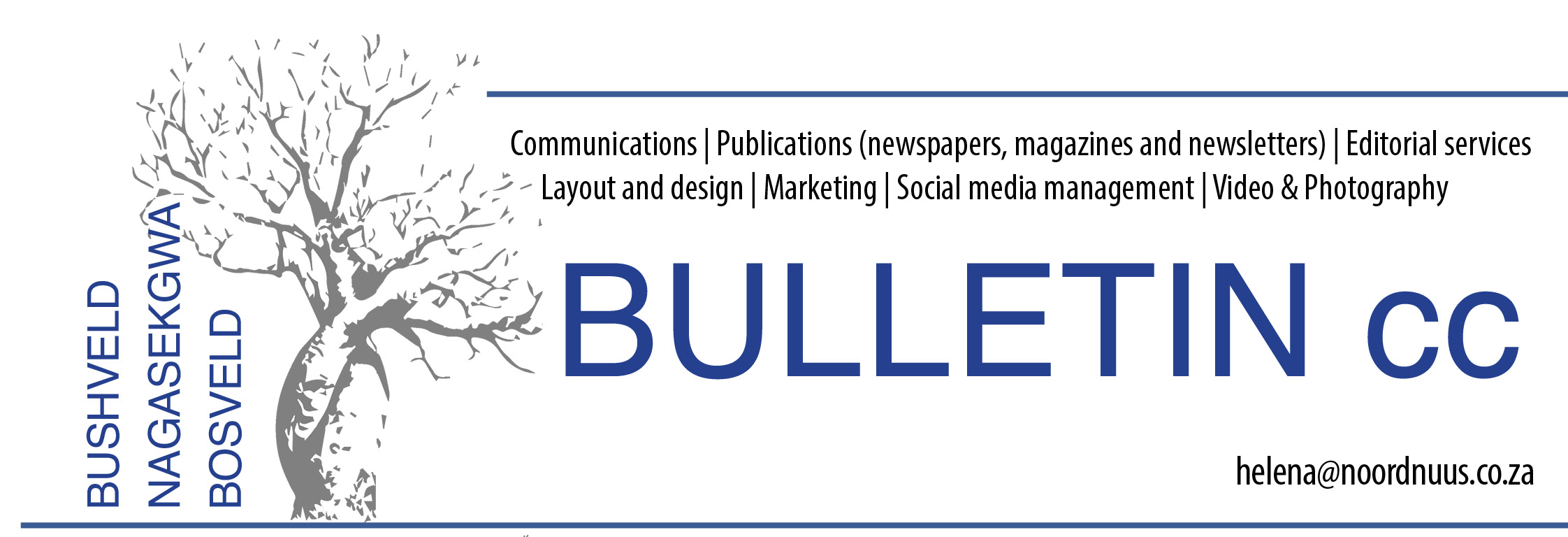Democracy is not about the politicians
It is our constitutional right to vote in the local elections and our duty as citizens of South Africa. We have an interest in the prosperous future of our community. The municipality plays an important role in the community, but it is not the only roleplayer.
Voting is necessary in a democracy. Although democracy is not perfect, it has many benefits. Many people in other countries do not enjoy the fruits of democracy. History reveals that people have sacrificed their lives so that others may enjoy the benefits of democracy. That is another reason why I voted.
In 1912, one of the greatest Christian writers of the 20th Century, G.K. Chesterton, stated: “What we should try to do is make politics as local as possible. Keep the politicians near enough to kick them.”
This ‘kick-a-politician’ principle (also called ‘subsidiarity’ if you want to sound clever) simply means that decisions should be made as close as possible to the citizen. In other words, the politician is close enough for us to ‘kick’ him if he fails to do his job. This principle implies that we can hold local politicians accountable for the decisions they make affecting us.
We should also consider that when we vote we choose someone to act on our behalf. This is called representative democracy. The Constitution recognises representative democracy. It involves both the politician and the voter. At a local government level such a representative is called a councillor.
What then do I expect from my councillor? We want our councillors to serve the community. We want them to have integrity - to be a person of righteousness and peace. We want them to consider the common good and future generations.
The Code of Conduct for Councillors (Schedule 1 of the Local Government: Municipal Systems Act, 2000) states that councillors are elected to represent the local community. This means that they should not work on behalf of just ratepayers or their local political party members. Councillors must also keep the municipality accountable and see to it that the municipality meets the priority needs of the community. Councillors in turn are also accountable to the local community. The Code also requires that councillors must, in general, perform the functions of their office in good faith, honestly and in a transparent manner (section 2(a) of the Code).
South Africa is a democracy. Democracy is not about the politicians, but it is about the people which the councillors must serve. We must all work together if we want the best for our community. We cannot place our hope in a single political party. In the same way we cannot place the future of our communities in the hands of the councillors or the municipality alone. We cannot sit back and relax. Yes, the councillor is strategically placed to keep local government accountable and that is the task he must perform.
Nevertheless, we all have roles to play in the shared desire of improving our community. The simplest way you can participate in our democracy is to vote.












0 Comments